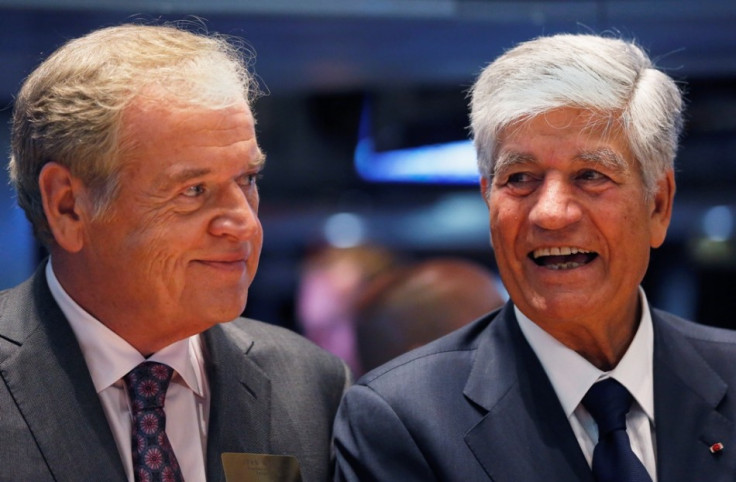Publicis and Omnicom – How the Marriage of Advertising Powerhouses Ended in Tears Before the Wedding

It all looked set to be the perfect union. On 28 July, 2013, Publicis Groupe and US company Omnicom Group had agreed to merge in an all-stock transaction to create the world's largest advertising company worth $35bn.
The move would have allowed both to expand their customer reach exponentially, and at the same time dislodge London-based WPP as the world's number one advertising agency.
"Our ambition together is to create a new standoff for our industry," said Publicis CEO Maurice Levy at the time.
Global ad spend would have risen by 5.1% in 2014 because of the merger according to ZenithOptimedia, a Publicis researcher.
But it wasn't meant to be. Almost a year after it was confirmed that the two would be merging, they scrapped the deal, citing "difficulties in completing the transaction within a reasonable time-frame".
Trouble first emerged in November when news began to circulate that rivals to the duo were looking to grab business as clients became disillusioned with the merger.
WPP, Interpublic Group, and Dentsu looked to take advantage of what looked to be a stall in negotiations. The three admitted they had either started snatching business or taking employees.
"It certainly has disturbed the client base and it certainly has disturbed the staff," WPP CEO Martin Sorrell told an investor conference in Barcelona.
"Clients are not going to come out and say 'I'm firing an agency' because they merged. But if you watch the rooms carefully, there are changing patterns of distribution in the business which will benefit us."
Interpublic CEO Michael Roth said "when you have two companies of that size coming together, with different cultures, there's going to be disruption. And from disruption comes talent opportunity."
However, John Wren, CEO of Omnicom, tried to paper over the cracks that were slowly beginning to appear. He denied any threats that rivals spoke of and hit back by saying "People have tried to promote that as an issue, but that's not real in my opinion."
The European Union did give its blessing for the merger, signing of a deal without conditions in January and stating that "the merged entity would be sufficiently constrained by several competitors, including large international advertising groups."
However the negotiations dragged on, with patience finally running out on 9 May after almost a year of talks.
"The challenges that still remained to be overcome, in addition to the slow pace of progress, created a level of uncertainty detrimental to the interests of both groups and their employees, clients and shareholders," a joint statement from the respective CEOs read.
"We have thus jointly decided to proceed along our independent paths. We, of course, remain competitors, but maintain a great respect for one another."
As with every relationship there is always a constant battle to be the dominant one, and this was no different.
Reports quickly began to circulate that the companies faced key issues such as who would be the merged group's CFO, which firm would be listed as the buyer on official filings and which would be the tax domicile.
The two were set up to be an advertising powerhouse, virtually void of all competition. Competitors will secretly breathe a sigh of relief following the news of the split.
© Copyright IBTimes 2025. All rights reserved.






















